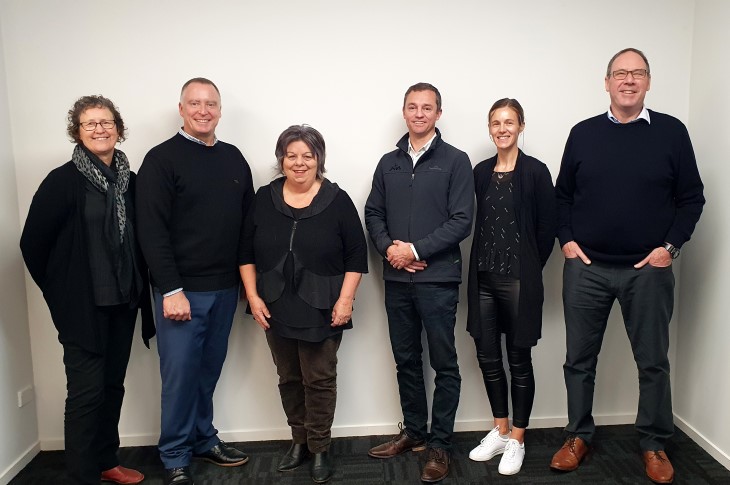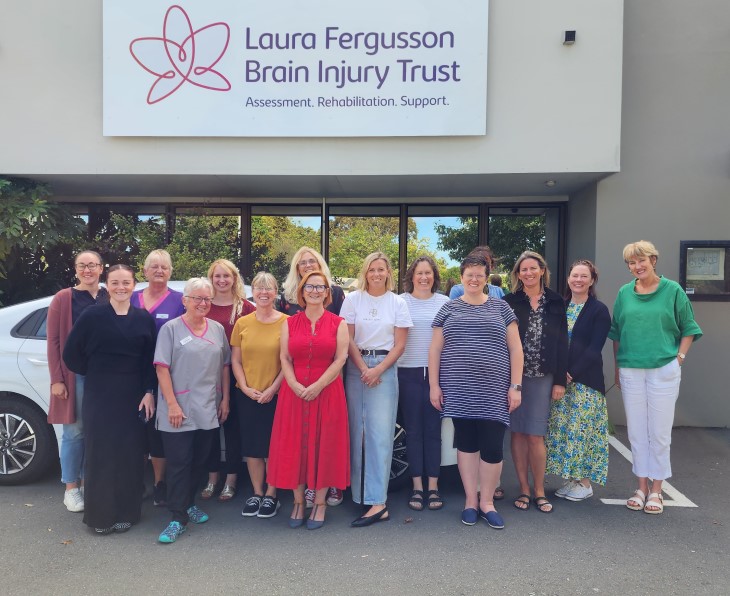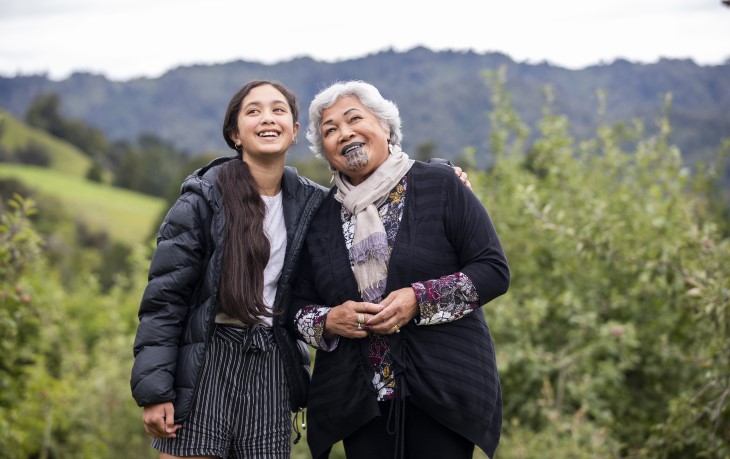Innovation Fund recipients announced

We’re pleased to announce two organisations have become the latest recipients of our Innovation Fund, which was established to support innovation aimed at helping people recover from injury.
This round of our Innovation Fund focused on projects that will support recovery at work after an injury, so injured clients can stay connected and engaged in their workplace while they’re recovering.
We had 39 eligible innovative proposals put forward from all across New Zealand, but two stood out and were awarded $120,318.25 to fund their projects. Congratulations to the recipients for this round, the New Zealand Trucking Association (NZTA) and the Laura Fergusson Brain Injury Trust.
“After the success of last year’s Innovation Fund, we wanted to focus this time on the theme of recovery at work,” says Stafford Thompson, Chief Clinical Officer and Head of Health Partnerships for ACC.
“We knew the health sector would have many innovative ideas we could help develop and bring to fruition. These ideas would not only benefit the business they came from, but also provide the opportunity to benefit the wider health sector.
“We want to thank every business who took the opportunity to submit an application. We appreciate the time and effort involved in putting together an application.
“No matter what stage in the process you got to, we hope this opportunity allowed you to look at how you can support recovery at work in your own business.”

New Zealand Trucking Association
New Zealand Trucking Association (NZTA) is a not-for-profit organisation founded in 1988. Since its formation, the NZTA has been influencing and inspiring its members to succeed in both business and in their engagement with the wider community.
NZTA promotes, supports and encourages ethical, sustainable and profitable businesses by providing a range of opportunities, advocacy, advice and resources.
It has also developed initiatives such as the Safety MAN Road Safety Truck, the Trucking Industry Summit and Trucking Career Hubs.
The idea
The Transport and Logistics Recovery at Work initiative is a project focused on enhancing workplace recovery following injuries in the transport and logistics sector.
To achieve this, the New Zealand Trucking Association will:
- Introduce a dedicated module to the HARMfree Transport and Logistics online portal with comprehensive recovery packs, targeting the unique challenges faced by kaimahi (workers) in the Transport and Logistics Sector
- Ensure resources are available in multiple languages to cater to the diverse workforce, incorporating kinaesthetic content and industry-specific management processes to support recovery at work equitably
- Address the key elements of supporting recovery at work, including benefits for physical and mental health, retention of skills and knowledge, and positive impacts on productivity and workplace culture
- Develop industry-specific management processes for injury recovery
NZTA plans to integrate Te Ao Māori principles and focus on inclusivity and accessibility to cater to the diverse workforce in the sector.
The project aims to change management behaviours, support injured workers effectively and maintain their connection to the workplace during recovery.

Laura Fergusson Brain Injury Trust
The Laura Fergusson Brain Injury Trust was established by Lady Laura Fergusson and Lady Mary Caughey in 1967. Their mandate was to “assist disabled persons in the solution to their residential problems”.
Since its formation, the Laura Fergusson Brain Injury Trust has provided accommodation for people with a brain, spinal or other injury. They have also launched many initiatives, including Can Do Catering, which employs residents and provides them with real jobs, and The Mobility Hub, which offers wheelchair and seating assessment services. They have also led groundbreaking research around the use of virtual reality technology in brain injury rehabilitation.
The idea
The Employer Peer Support Network is a project which aims to train and support three employers to act as peer mentors, both individually and in group sessions, to many other employers supporting kiritaki (clients) with traumatic brain injury to return to work.
Recovery from a traumatic brain injury can be nuanced and complicated. Workplace adjustments and changes to routines are needed for both the kiritaki (clients) and their employer to support recovery at work.
To achieve this, The Laura Fergusson Brain Injury Trust will:
- Establish a standardised training curriculum to ensure consistent and high-quality peer support delivery
- Develop a user-friendly app for online employer peer support groups, host webinars, and create resources which can be scaled and greatly expand accessibility
- Foster a sense of community among traumatic brain injury survivors and their peers by coordinating the hosting of events, workshops and forums which will facilitate employer networking and knowledge sharing




